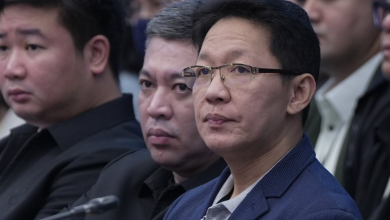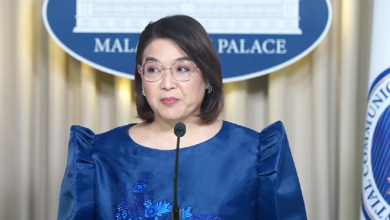(WAM) — At the 59th Session of the Commission for Social Development at the UN, the UAE underscored the importance of digital technologies, universal accessibility, and affordable connectivity to achieve the Sustainable Development Goals and promote social development at the UN.
In a recorded video statement, Hessa Tahlak, Assistant Undersecretary of Social Development, reflected on how the UAE has made new and emerging technology the cornerstone of its development trajectory. The theme of this year’s discussions was how to achieve a socially just transition towards sustainable development and the role of technology in the context of the COVID-19 pandemic.
“Even before the pandemic, the UAE was already a leader in fostering an environment where innovative and creative thinkers could thrive and grow their knowledge,” Tahlak said. “In 2017, we took a step forward by appointing the first minister in charge of artificial intelligence whose portfolio has, since 2020, grown to also cover the digital economy and remote work applications.”
Assistant Undersecretary Tahlak outlined how the UAE’s Vision 2021 and the UAE Centennial 2071 Strategy include digitalization, focusing on transitioning the UAE into a knowledge-based society by promoting innovation, investing in research and development, and embracing ground-breaking technologies. “We believe that new and emerging technologies are a major catalyst in driving social development, but only if it is equitable, and every individual is able to access and learn how to use it,” she said.
Additionally, Tahlak highlighted the UAE’s joint efforts with the Office of the UN Secretary-General to establish the Secretary-General’s High-Level Panel on Digital Cooperation. She noted that this partnership is rooted in the UAE’s firm belief in harnessing the potential of new and emerging technologies while mitigating the potential risks they pose.
“The UAE looks forward to sharing its experiences and best practices with the global community during this session to ensure that our recovery from COVID-19 is inclusive and sustainable, and that in the process we can heal the planet for people of today and leave a better prepared and more resilient society for generations to come,” Tahlak concluded.




